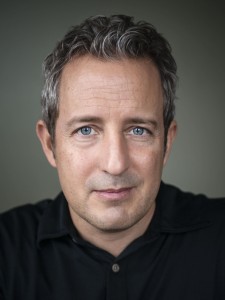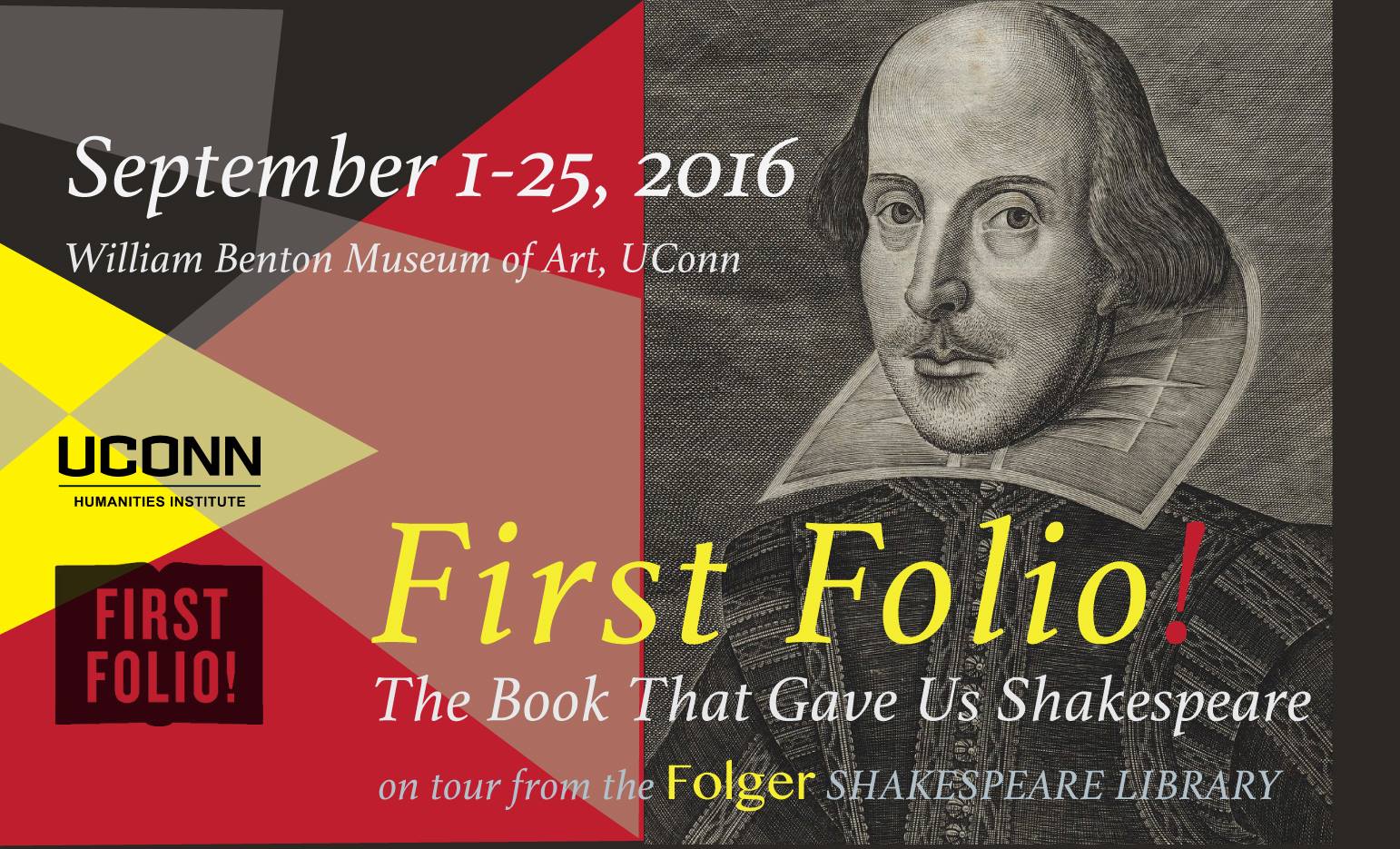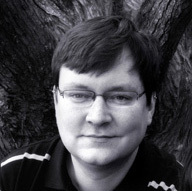Eric Medawar ’15 (CLAS)
Travel Award for Revisiting Iconoclasm: Image and Power in Byzantium and Early Islamic Syria
Eric’s project interrogates the origins of Byzantine iconoclasm and Islamic aniconism, and what, if any, relation exists between these phenomena. Through travel to Jordan, Eric will study the décor of the mosque at Qasr al-Hallabat, a site that has attracted little prior scholarly attention. Documentation and study of this site will provide further evidence as to whether the use of figurative representation in Islamic religious spaces was deliberately avoided only after the reign of the Marwanids and will represent an original contribution to the field of Islamic art and architectural history.
Jessica Gaafar ’15 (CLAS)
Supply Award for Language Specific Tuning of Audiovisual Integration in Early Development
As infants mature and gain experience, their perceptual system tunes to the most relevant features around them, such as the sounds of their native language. Jessica’s project aims to test the hypothesis that the visual component of speech can influence infants’ perception of the auditory component, thereby reopening sensitivity to unfamiliar perceptual experiences. By exposing infants to longer and richer speech in an unfamiliar language, she will see whether perceptual narrowing can be delayed.
Tara Pealer ’15 (CLAS)
Travel Award for The Love Triangle: How Twilight, The Hunger Games and Divergent Defy and Affirm the Power of Romance and Sex When Defining Female Characters
Tara will be presenting a paper at the Popular Culture Association/American Culture Association’s annual conference in April in New Orleans, LA. Tara’s paper draws on Judith Butler and Eve Sedgewick’s theorizations of erotic triangles to consider how the female protagonists in three young adult fiction series are implicated in love triangles that diverge from standard formulations. Tara traces a shift from passive to active feminine power chronologically from Twilight to Divergent.
Abdullah Hasan ’16 (CLAS)
Supply Award for Muslim Masculinities: A Methodological Study of the Qur’an and Hadith.
Abdullah’s project aims to understand Qur’anic definitions of masculinity and men’s roles in society. This fall, Abdullah studied two popular translations of the Qur’an, tafsir of the Qur’an (for information about historical interpretations), Hadith compilations (for historical contexts of particular verses), and a series of theoretical works in masculinity studies. Abdullah was selected as a 2015 University Scholar for an expansion of this project, Muslim Masculinities in American Discourse, that will consider how post-9/11 rhetoric characterizes religious prescriptions of masculinity.
Alexandria Bottelsen ’16 (ED, CLAS) & Luke LaRosa Dec ’15 (CLAS)
Travel Award for After the Branding: Student Created Perceptions of the University Writing Center
Alexandria and Luke presented a paper at the Northeast Writing Center Association’s annual conference in April in Hackettstown, NJ. Their project examines the place branding of the UConn Writing Center by surveying students in order to understand their perceptions of the center now that it no longer actively brands itself. As writing center tutors, they sought to determine whether the place identity that was sought a decade ago (a welcoming space for all students) is currently the reality of how the space is perceived and to identify demographics or information sources that may need to change to better adhere to that desired identity.
Sarah Carew ’18 (CLAS), Brandon Marquis ’17 (CLAS), Chantel Martin ’15 (CLAS), Jessica Zaccagnini ‘16 (CLAS)
Travel Award for The Androgynous Center: Tutoring Across the Masculine/Feminine Spectrum
Sarah Carew ’18 (CLAS), Chantel Martin ’15 (CLAS), Jessica Zaccagnini ‘16 (CLAS) Brandon Marquis ’17 (CLAS)
Sarah, Brandon, Chantel, and Jessica conducted a panel discussion and interactive workshop at the Northeast Writing Center Association’s annual conference in April in Hackettstown, NJ. Their conference session posed the question of whether or not writing centers may productively position themselves as androgynous entities in sexist campus environments. They employed Talcott Parsons’ and Robert Frees Bales’ work in social psychology to explore the ways in which writing centers may benefit from an awareness of the range of masculine traits and feminine traits as these traits are expressed in directive and non-directive tutoring.
Victoria Sylvestre ’17 (NUR)
Travel Award for Type 1 Diabetes: The Liminal Space Between Ability and Disability
Victoria will be presenting a paper at the Society for Disability Studies annual conference in June in Atlanta, GA. Victoria’s analysis of personal blogs leads her to posit that people with type 1 diabetes transcend the current bifurcations of “ability” and “disability” due to fluctuating blood glucose values. Her research places type 1 diabetes within a disability framework and addresses ruptures in the medical and social definitions of this condition.
Brighid DeAngelis ’17 (Theater Design & Technology), advised by Adrienne Macki Braconi (Dramatic Arts)
SHARE Award for Dramaturgies of memory, materiality, and violence in African American theatre
Brighid’s SHARE project integrated her interests in theater and history. She conducted dramaturgical research in order to help the cast and audience of Reginald Edmund’s play, “Daughters of the Moon,” to better understand the historical and religious context of West Africa in the early 19th century, where the play begins. She also assisted in the compilation of the literature review for Professor Macki Braconi’s forthcoming second book, Enacted Violence: Materiality, Cultural Memory, and African American Performance.
Matthew Henderson ’18 (Linguistics and Anthropology), advised by Harry van der Hulst (Linguistics)
SHARE Award for The linguistic analysis of graphic novels
Matthew’s SHARE project explored the structure underlying sequential graphics, as found in comics, graphic novels, and other types of texts. Together with Professor van der Hulst, he analyzed a range of written and drawn works to develop an inventory of formal elements in sequential drawing and to characterize the range of form elements from non-iconic through iconic. By applying the methods of linguistic analysis and cognitive science to sequential graphics, this team considered how iconicity functions in graphic communication and contributed to the interdisciplinary study of sequential graphics.


 APRIL 16, 2015
APRIL 16, 2015 Roy T. Cook is Professor of Philosophy at the University of Minnesota – Twin Cities and Resident Fellow of the Minnesota Center for Philosophy of Science. He has published over fifty articles and book chapters on logic, the philosophy of mathematics and the philosophy of art (especially popular art). He co-edited The Art of Comics: A Philosophical Approach (Wiley-Blackwell 2012) with Aaron Meskin, and is the author of The Yablo Paradox: An Essay on Circularity (Oxford University Press 2014) and Paradoxes (Polity 2013). He is also a co-founder of the interdisciplinary comics studies blog PencilPanelPage and hopes to someday write a book about the Sensational She-Hulk. He lives in Minneapolis, Minnesota with his wife, their cat Mr. Prickley, and approximately 2.5 million LEGO bricks.
Roy T. Cook is Professor of Philosophy at the University of Minnesota – Twin Cities and Resident Fellow of the Minnesota Center for Philosophy of Science. He has published over fifty articles and book chapters on logic, the philosophy of mathematics and the philosophy of art (especially popular art). He co-edited The Art of Comics: A Philosophical Approach (Wiley-Blackwell 2012) with Aaron Meskin, and is the author of The Yablo Paradox: An Essay on Circularity (Oxford University Press 2014) and Paradoxes (Polity 2013). He is also a co-founder of the interdisciplinary comics studies blog PencilPanelPage and hopes to someday write a book about the Sensational She-Hulk. He lives in Minneapolis, Minnesota with his wife, their cat Mr. Prickley, and approximately 2.5 million LEGO bricks.
